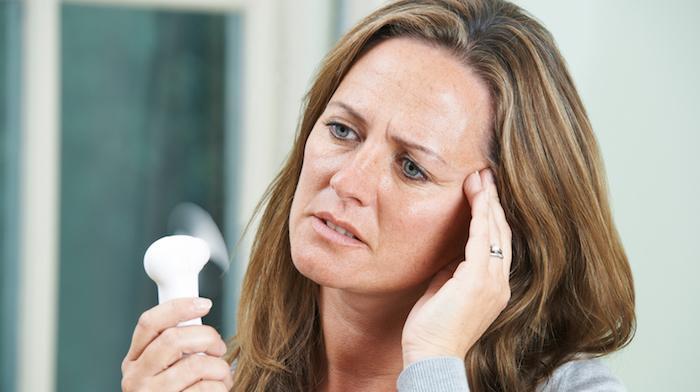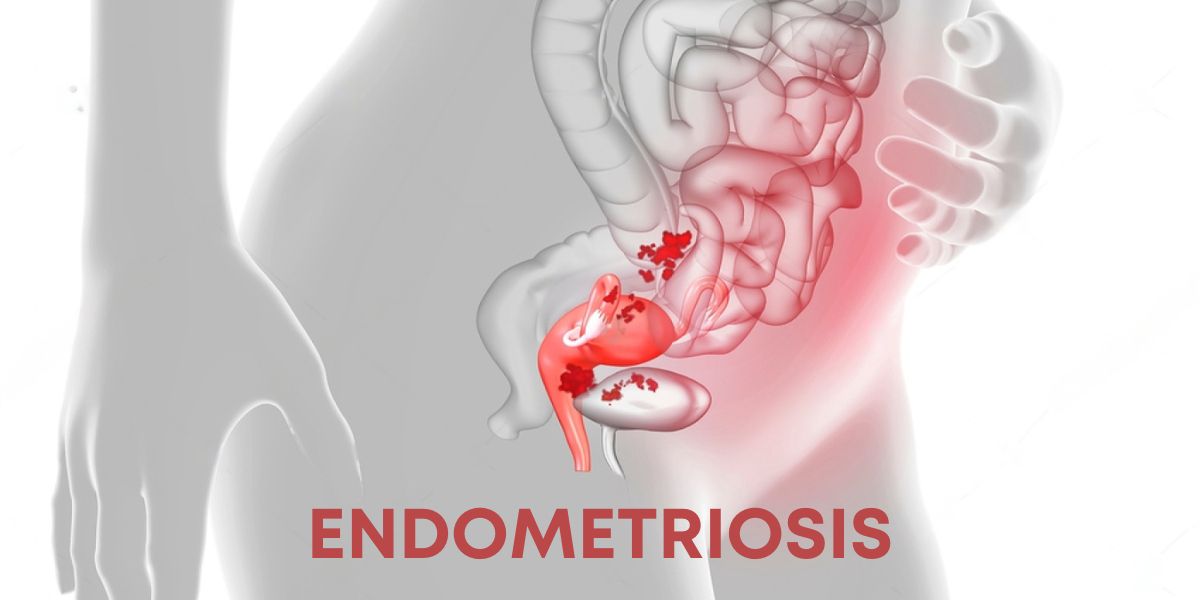While the term menopause is well-known among women, many are unaware of perimenopause, a transitional phase that can have an equally significant effect. Grasping the distinction between perimenopause and menopause is crucial for handling your health, hormones and emotional wellness during this natural phase of life.
What is Perimenopause?
The term perimenopause translates to “around menopause.” This is the phase leading up to menopause in which the ovaries begin to decrease their estrogen production gradually. This phase typically commences in one’s 40s, though for some women it can start in the mid-30s.
Signs of Perimenopause
During this time, hormone levels change making symptoms unpredictable and causing their intensity to vary greatly.
What is Menopause?
The official start of menopause is marked by 12 months following your last menstrual period. The ovaries cease egg release and markedly decrease hormone production, particularly of estrogen and progesterone, at this stage. While the average age for menopause is about 51, this can differ based on factors like genetics, lifestyle choices, or medical interventions (such as chemotherapy or removal of the ovaries).
Symptoms of Menopause
Key Differences
Feature | Perimenopause | Menopause |
Timing | Usually begins in late 30s to 40s | Average onset at age 51 |
Menstrual Periods | Irregular (still occurring) | Stopped for at least 12 consecutive months |
Hormone Levels | Fluctuating estrogen and progesterone | Estrogen and progesterone remain low |
Symptoms | Vary widely; can be intense and erratic | More stable, though long-lasting |
Fertility | Decreasing but still possible | No longer fertile |
When To Visit Us
Even though perimenopause and menopause are natural processes, it doesn’t mean you have to simply accept them without help. If you’re experiencing symptoms that are impacting your quality of life like significant mood swings, problems with sleep, or issues related to sex. It’s time to consult your doctor. Patients can get benefit from following treatments as mentioned below:
Menopause and perimenopause are not diseases rather they are significant milestones in your reproductive journey. Grasping the distinctions can assist you in making informed decisions regarding your body, health and well-being. You can navigate this phase gracefully and with assurance by proper consultation.










